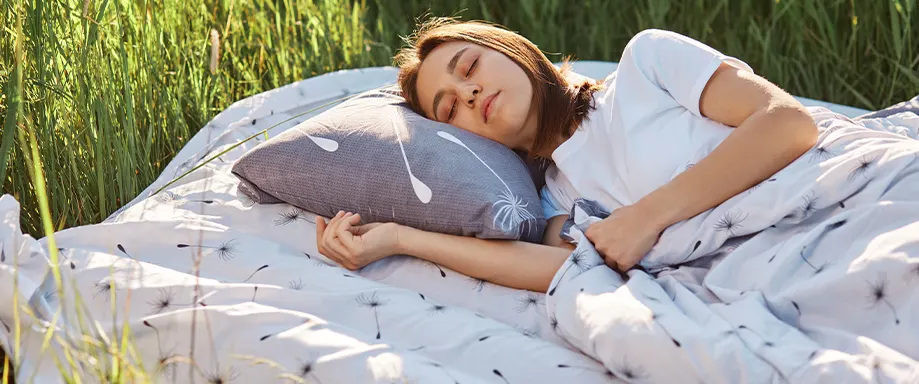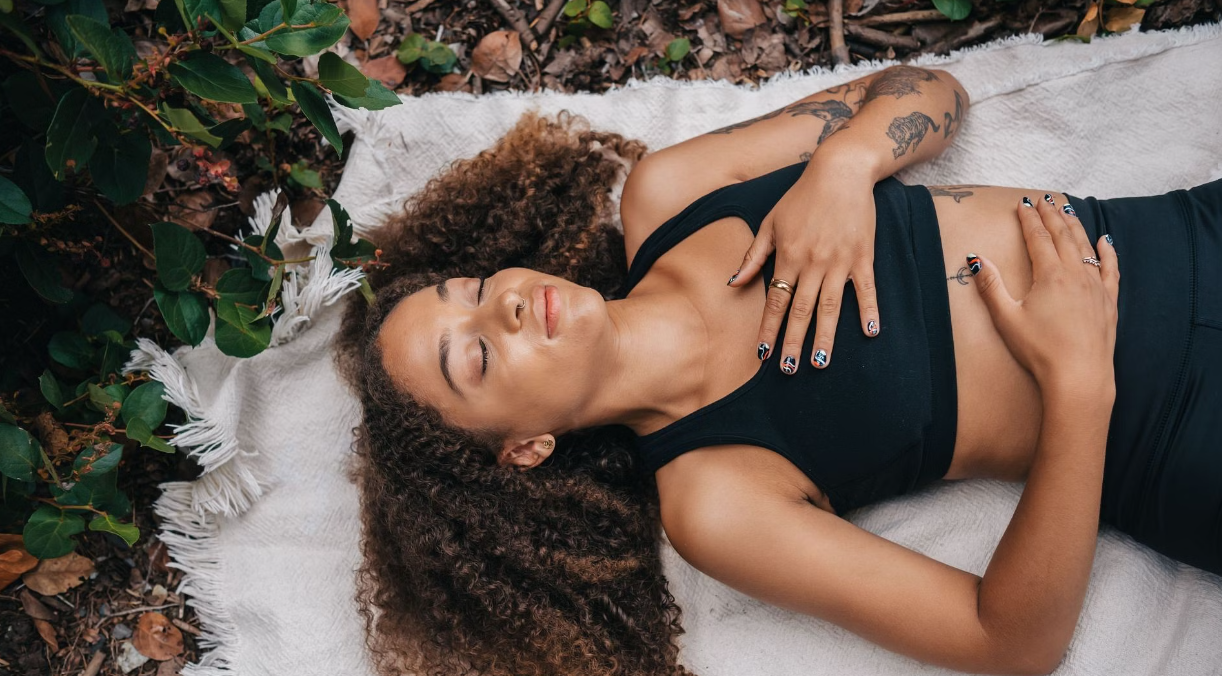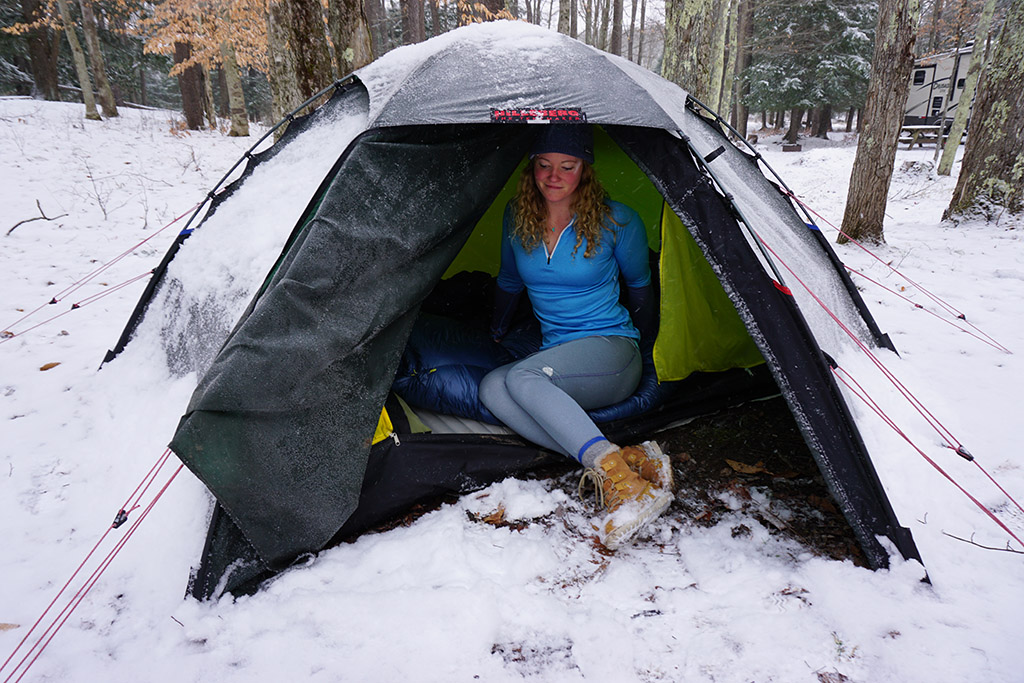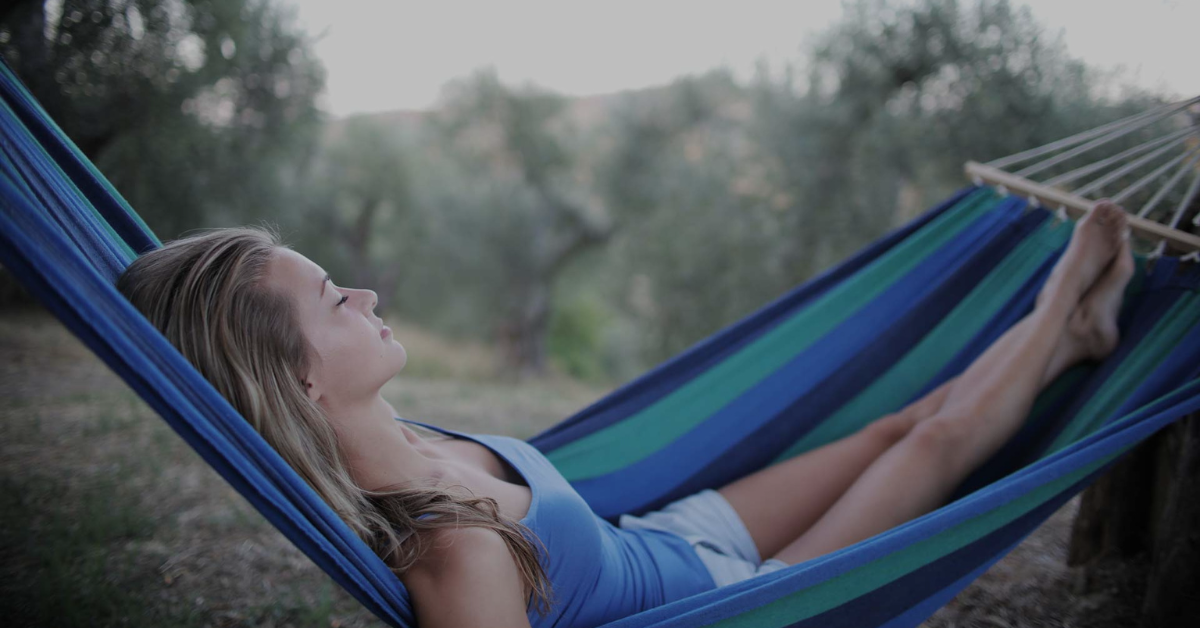As someone who loves spending time in nature, I’ve often wondered if sleeping outside is good for you or just a recipe for a restless night dealing with bugs, cold temperatures, and lumpy ground.
Like many things, there are pros and cons to camping out under the stars instead of in the comfort of your cozy bedroom.
So, let’s find the answer to this question: is sleeping outside good for you?
In this article, I’ll explore the potential benefits and drawbacks of sleeping in the outdoors based on my personal experiences and research.
Right off the bat, I’ll say that sleeping outside isn’t for everyone, but for those able to make it work, it can be incredibly rewarding.
Is Sleeping Outside Good for You?
Sleeping outside can offer several potential benefits for your health and well-being, including improved sleep quality from the natural rhythms of light and dark, exposure to fresh air and nature’s calming effects, vitamin D from sunlight, and a sense of adventure that’s good for the soul.
However, it also comes with some drawbacks like dealing with bugs, regulating temperatures, sleeping on hard ground, and safety concerns that need to be mitigated.

Overall, sleeping outdoors can be good for you if properly prepared with the right gear and take precautions, but it requires trade-offs that may not make it ideal for everyone.
Why Sleeping Outside May Benefit Your Health
Improved Sleep Quality
One of the biggest upsides I’ve experienced from sleeping outside is higher quality sleep. With no artificial lights, digital screens, or other modern-day distractions, it’s easy to fall into a deep, restorative slumber in sync with the natural rhythms of day and night.
The fresh air, calming sounds of nature like rustling leaves or a babbling brook, and sense of adventure also help me sleep like a rock.
More Exposure to Nature’s Benefits
Spending a night outdoors automatically means soaking in all the amazing mental and physical health perks of being in nature. Breathing in the rich forest aromas like pine or wildflowers can be incredibly relaxing and therapeutic.
The gentle breeze, birdsong, and open skies have a grounding effect that quiets my busy brain. And who doesn’t love waking up to a beautiful sunrise?

Better Circadian Rhythms and Melatonin Production
Our circadian rhythms, which regulate sleep-wake cycles, evolved over millennia spent outdoors under natural light patterns.
Artificial lighting has thrown those rhythms out of whack for many people. Getting back to nature by sleeping outside can help reset those cycles.
Plus, exposure to natural light patterns promotes ideal melatonin production for sound sleep.
Boosted Vitamin D Levels
Sure, you can’t soak up vitamin D at night. But spending full days in the sun before sleeping under the stars provides much-needed vitamin D, which most folks are deficient in.
Getting a proper vitamin D dose has been linked to stronger bones, a healthier immune system, and lower risks of certain diseases.
A Sense of Adventure and Childlike Wonder
There’s just something magical and nostalgic about camping out that taps into my inner child’s spirit of adventure and sense of wonder about the natural world.
Sleeping surrounded by towering trees, vibrant wildflowers, and a boundless night sky covered in twinkling stars fills me with awe and peace. It’s regenerative for the soul.
The Potential Downsides of Outdoor Sleeping
Not Ideal for Safety or Privacy
While incredibly rewarding, sleeping outside does come with some risks like run-ins with wildlife, exposure to the elements, or potential issues with other humans.
I always make sure to set up camp in a safe, secure location away from busy areas and critter hangouts. Bringing protection like bear spray is wise too.
Privacy can also be an issue for campers hoping to sleep in the buff!
Dealing with Bugs, Critters, and Creepy Crawlies
One of my biggest gripes with sleeping in the great outdoors is all the bugs, buzzing mosquitos, curious critters, and various creepy crawlies that can show up to ruin a good snooze.
Using bug spray, securing food properly, and choosing a smart campsite helps, but some guests are inevitable. I keep my calm by reminding myself we’re visitors in their home.
Temperature regulation Can Be Tricky
Depending on the weather and season, staying warm enough or cool enough to sleep soundly can sometimes be challenging.
Having the right gear like a warm sleeping bag, insulated sleeping pad, summer-weight base layers, and breathable rain protection is key.
It may take some trial and error to get your outdoor sleeping setup just right for optimal temperature regulation.

Potential for Restless Sleep on Lumpy Ground
Sleeping on the hard, bumpy ground instead of a plush mattress takes some getting used to in my experience.
Using a thick, well-insulated sleeping pad helps immensely, but don’t be surprised if you wake up a bit sore or stiff at first.
An inflatable or foam pad provides much more comfort than just a thin sleeping bag separating you from rocky terrain.
Is It Worth It? How to Mitigate the Risks
So is sleeping outside ultimately worth the drawbacks for the potential health benefits and magical experience?
That’s a personal decision based on factors like your fitness level, love of nature, gear quality, ability to stay warm/cool, and tolerance for critters.
Precautions like these can help mitigate many downsides:
- Camp in safe, secure areas and let others know where you’ll be
- Use bug spray and take steps to avoid encounters with wildlife
- Bring compact, quality sleep systems and dress appropriately for temps
- Practice setting up your sleep setup at home first
- Start with short overnights close to home before longer trips
- Camp near your vehicle as a warm emergency backup plan
- Only sleep out when the weather cooperates
For me, the profound restorative benefits of sleeping immersed in nature’s majesty outweigh any temporary discomforts like a stiff back or mosquito bites.
With some preparation and the right gear, you can have an incredibly rewarding experience that improves your physical and mental health.
Sweet dreams under the stars!

